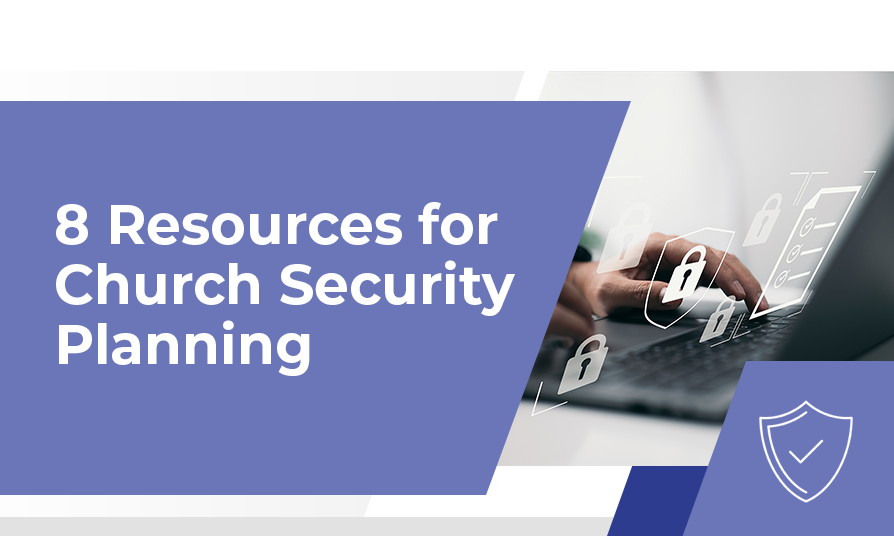8 Resources for Church Security Planning
Unfortunately, churches and places of worship aren’t exempt from becoming victims of violent attacks. While our most important tool is prayer, there are several additional steps church leaders can take to protect their congregations. Deciding when and which doors to lock, how to respond in the event of an emergency, how to collaborate with first …



